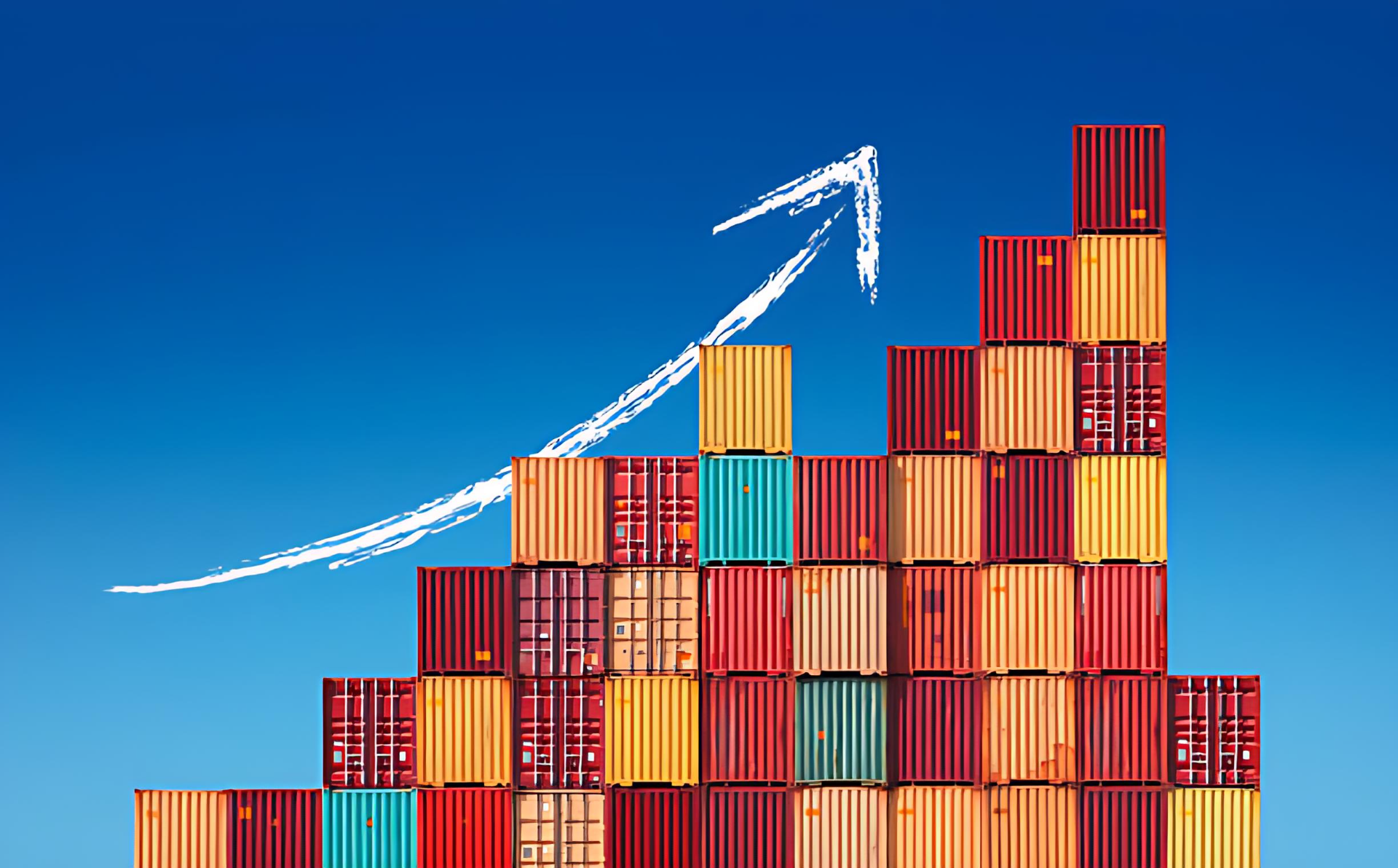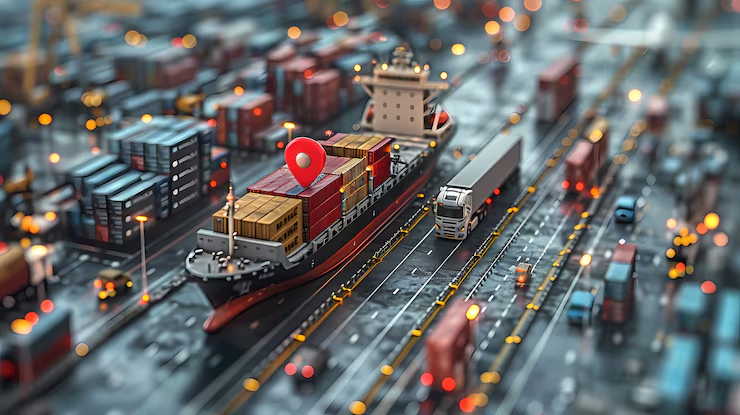The logistics business is at the heart of global trade, transporting goods from producers to customers across continents. Despite the excellent growth statistics, inefficiencies are gradually eating away at profitability. Companies celebrate growth but rarely consider how much money they are losing each day. Inefficiency often costs more than growing revenue. For many companies, the hidden leaks outweigh the outward successes.
These inefficiencies are not necessarily dramatic. They manifest as missing deliveries, excessive fuel usage, unoptimized routes, or inadequate system integration. Each issue may appear to be little, but when taken together, they deplete millions. Growth alone will not pay these hidden expenses. Companies that fail to address these issues risk running faster on a treadmill that leads nowhere.
The hidden cost of inefficiencies
Every logistics company faces delays, bottlenecks, and miscommunication. These problems may not be obvious in daily reports, but they do exist. Trucks may leave half-empty, employees may duplicate work, or cargo may wait too long for approval. Each inefficiency increases friction in an already complex supply chain.
Companies typically pursue growth because it is easier to measure. New contracts, more trucks, and new routes all feel like success. However, each growth exacerbates existing inefficiencies. A larger network leads to increased delays, lost resources, and hidden costs. What appeared to be progress quickly turns into a drain on revenues.
Customers ultimately sense the difference. Late delivery, violated promises, and poor tracking undermine trust in a logistics company. In today’s competitive industry, trust is essential. Losing it can push clients toward competitors who offer more reliability and transparency. Inefficiency, therefore, is not just a financial issue—it is a reputation killer.

Why growth alone is not enough
Growth is wonderful and sometimes celebrated, but it is unsustainable if not managed efficiently. Companies build warehouses, vehicles, and networks, believing that more is better. However, size without optimization merely increases complexity. Inefficiencies multiply, costs rise, and profit margins narrow even as revenue increases.
Organizations frequently use scale to assess success: new cities served, more contracts signed, or additional market entry. However, many people ignore the underlying inefficiencies. A increasing fleet is meaningless if the routes are inefficient. A new warehouse is ineffective if internal operations remain slow and manual.
Balanced growth requires both efficiency and expansion. Companies that understand these secure long-term advantages. Every decision should include the question “how can we grow?” as well as “how can we grow smarter?” True leadership lies in creating sustainable value and not in chasing numbers.
How process intelligence bridges the gaps
Process intelligence enables leaders to see what was previously invisible. PI identifies workflow inefficiencies, hidden bottlenecks, wasted points as well as performance leaks. Therefore, instead of making assumptions, managers will be able to achieve concrete, data-driven insights into the actual workflow. This boosts the leader’s confidence in decision-making and avoids avoidable risks.
While real-time monitoring saves delays and unplanned downtime., leaders no longer wait for quarterly reports before acting. They get the capacity to rectify inefficiencies before things result in significant losses. Without a doubt, this proactive approach affects the way logistics businesses work.
Every saved resource act as fuel for future growth. It can be either reduced fuel consumption, higher worker utilization, or even improved workflows. Everything adds up. With the usage of process intelligence, progress becomes meaningful in almost all the situations. Companies can grow without concern of inefficiencies impeding their success. Efficiency and growth finally work together, not against each other.

Technology as the competitive advantage
Today’s logistics economy rewards innovators. Technology is no longer considered a luxury; it is the foundation of competitiveness. Those who use tools like process intelligence increase their resilience, visibility, and agility. These characteristics are crucial in marketplaces experiencing change, uncertainty, and increased customer demands.
Firms that fail to innovate risk falling behind. Manual oversight cannot keep up with the complexities of global logistics. While competitors streamline and optimize, laggards lose money, customers, and reputation. In a business where every second counts, inefficiency may soon become the costliest liability.
Technology enables logistics organizations to not only survive, but grow. Businesses achieve long-term growth by combining data and action. others that act early have a competitive advantage over others who wait until inefficiencies destroy value.
Here's what you get with Zenotris
Zenotris equips logistics leaders with clarity, foresight, and measurable results. Our process intelligence platform shines a light on hidden inefficiencies. Instead of reacting to problems, companies predict and prevent them. That shift alone saves time, money, and reputation.
But Zenotris is more than technology. It is a partner for sustainable success. We help businesses unlock efficiency, improve service, and achieve growth that lasts. With Zenotris, logistics companies finally stop losing revenue to inefficiencies and start winning with intelligence.

